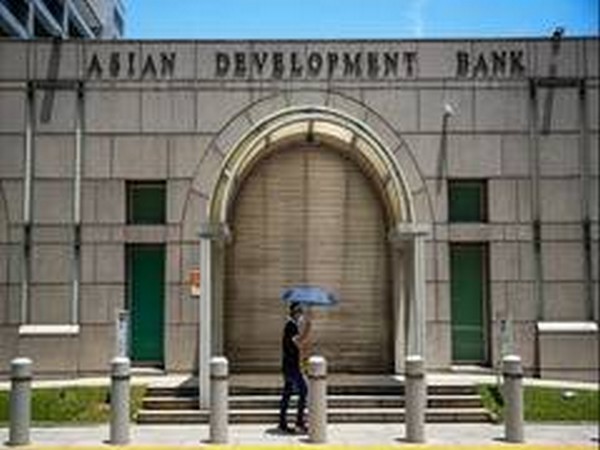India Secures $500M ADB Loan to Boost Maharashtra's Health and Medical Education
India has signed a USD 500 million loan agreement with the Asian Development Bank to enhance tertiary health care and medical education in Maharashtra. The initiative aims to improve services, expand facilities, and establish new medical colleges, further aiming for broad policy reforms for better healthcare accessibility.

- Country:
- India
India has secured a loan package of USD 500 million from the Asian Development Bank (ADB) on Wednesday to enhance access to quality and affordable tertiary health care and medical education in Maharashtra. The loan agreement for the Maharashtra Tertiary Care and Medical Education Sector Development Program was signed by Juhi Mukherjee, Joint Secretary, Department of Economic Affairs in the Ministry of Finance, on behalf of the Government of India, and Mio Oka, Country Director of ADB's India Resident Mission, on behalf of ADB. Dinesh Waghmare, Principal Secretary of the Medical Education and Drugs Department, Government of Maharashtra, represented the state government.
Juhi Mukherjee highlighted that the key policy reforms supported by the program would strengthen Maharashtra's tertiary health care and medical education system, expanding these services to under-served regions. Mio Oka noted that ADB's long-term support in India's health sector has shaped this initiative, aiming for affordable and accessible healthcare by 2030 and enhancing the pool of professional medical practitioners.
The loan will facilitate the establishment of four medical colleges with attached tertiary care hospitals in under-served districts, incorporating climate-resilient, gender-responsive, and socially inclusive features. These efforts will increase bed capacity in government hospitals and hire at least 500 new doctors for the new institutions. The program also aims to reduce out-of-pocket expenditure on quality drugs, support efficient asset management through a pioneering policy on climate-resilient planning, and promote healthy competition among medical colleges via a performance management system.
(With inputs from agencies.)
ALSO READ
Maharashtra Congress Chief Demands Accountability Over Shivaji Statue Collapse
Ajit Pawar Confirms First Round of Seat-Sharing Talks for Maharashtra Elections
Maharashtra Deputy CM Condemns Opposition Over Shivaji Statue Collapse
Skeletal Remains of Elderly Couple and Daughter Found in Maharashtra Village
Political Rift Unfolds in Maharashtra: Ajit Pawar's Absence From RSS Memorial Sparks Controversy










